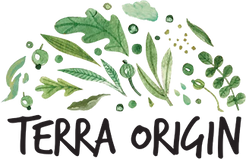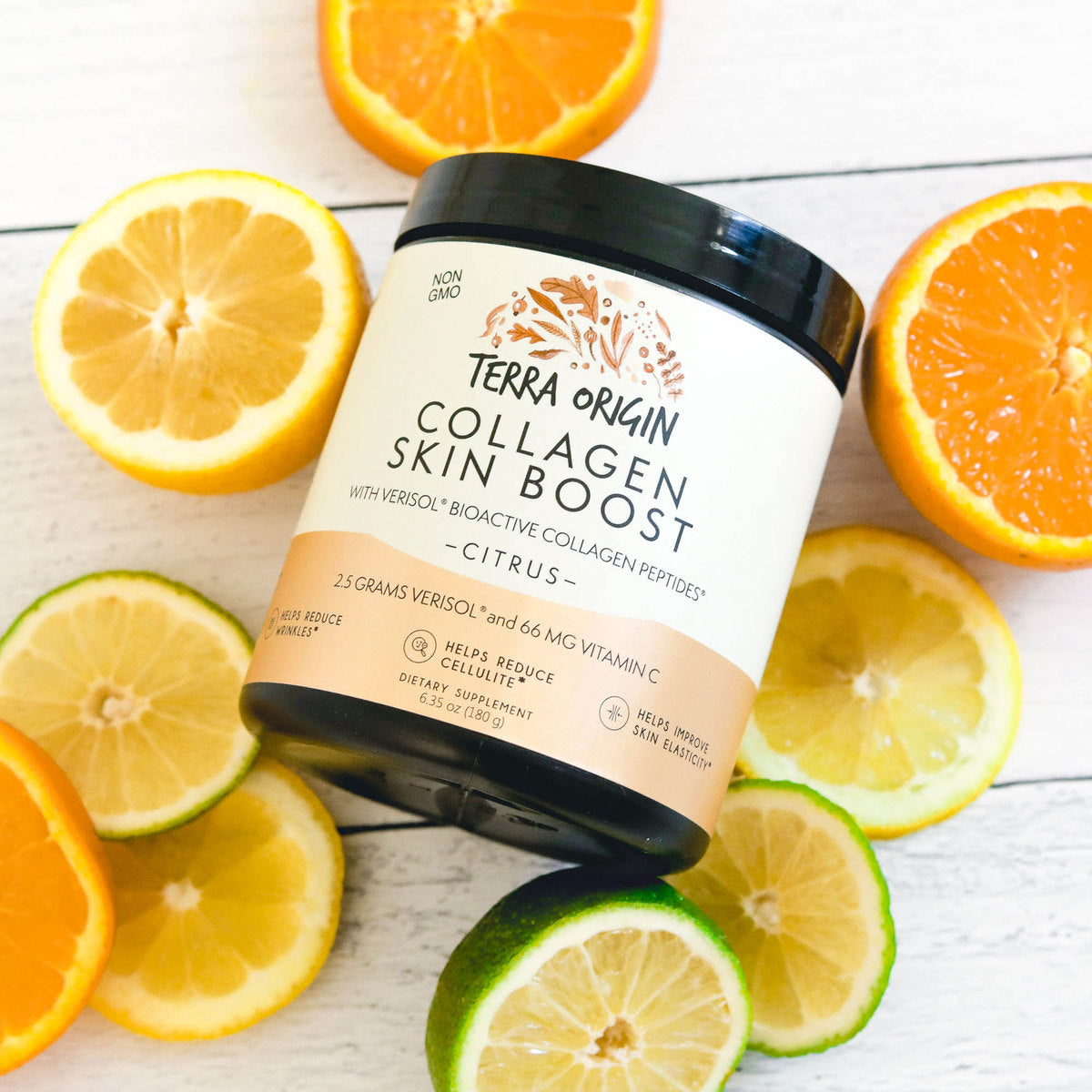
Cold Weather Skin Care: Tips for Maintaining Healthy, Glowing Skin with Collagen Peptides
As the seasons change and temperatures drop, your skin may start to feel the effects of colder we...
Continue reading
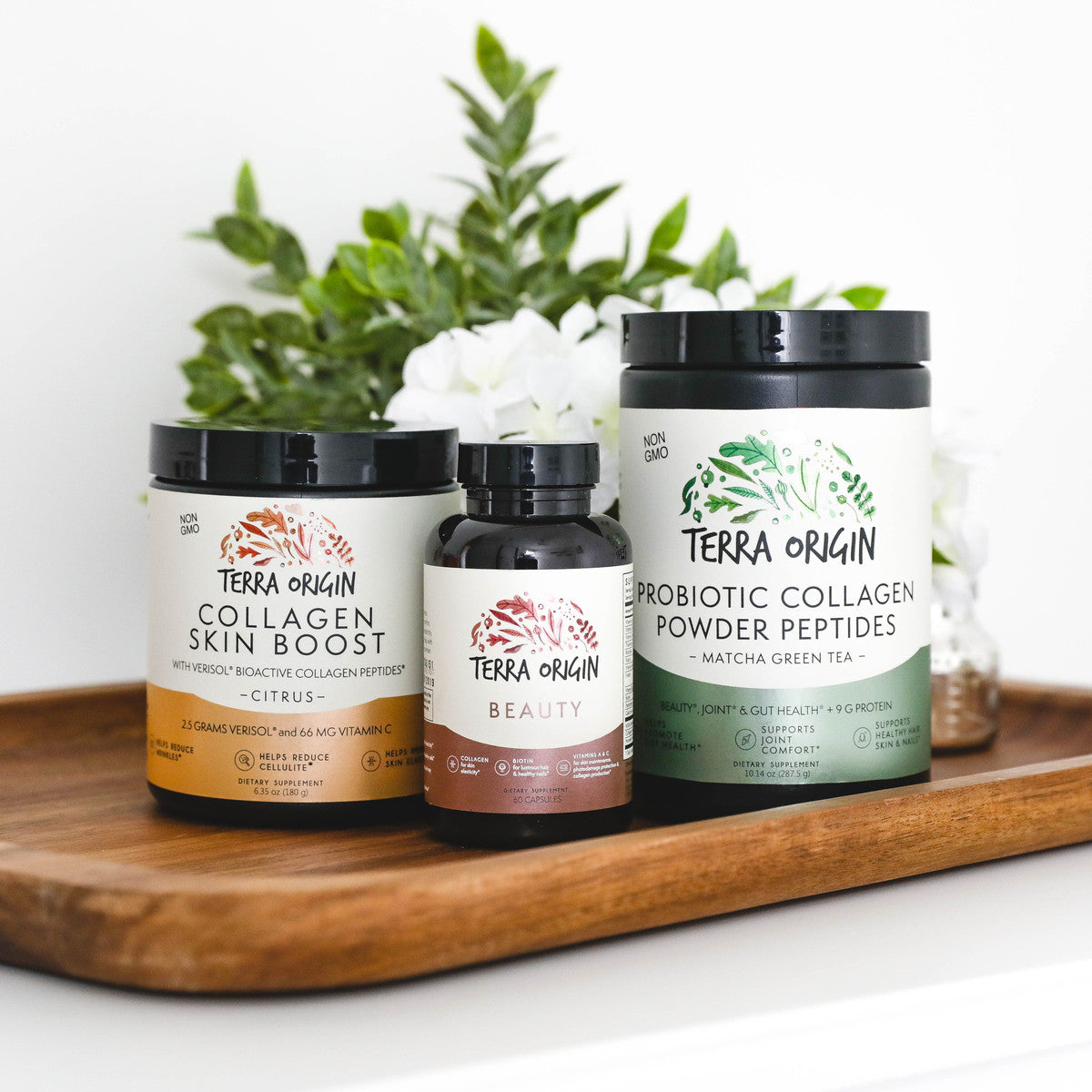
How to Heal Dehydrated Skin
If there’s one thing most of us can agree on when the weather starts to cool, it's that our skin gets really dry. We probably start to slather on moisturizer and apply copious amounts of lip balm, but did you know that dry skin and dehydrated skin are not the same thing? In fact, dry skin is a condition people have or a skin-type and is something that requires more long-lasting treatment, while dehydrated skin is due to temporary weather and environmental factors. Who knew?
Continue reading
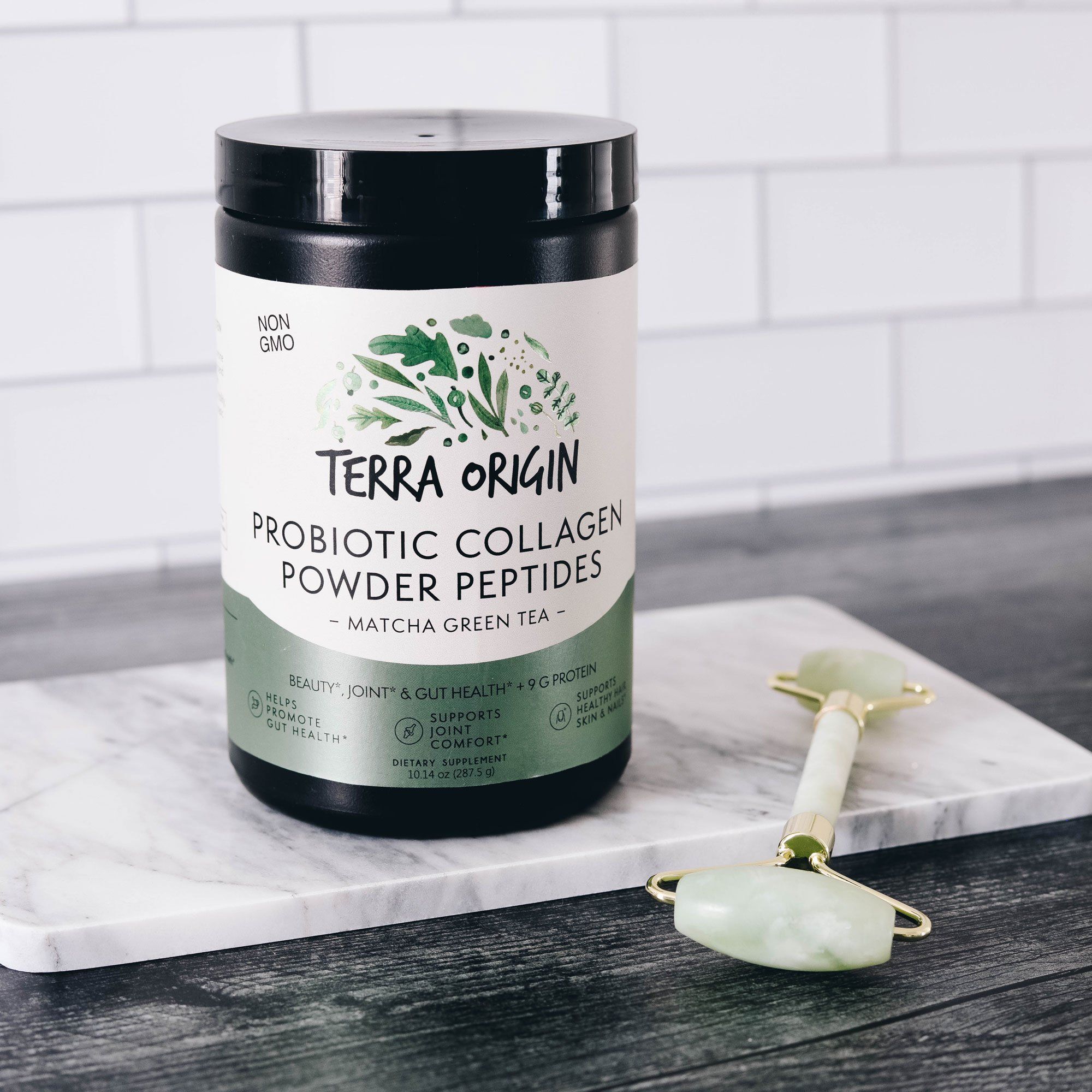
The Benefits of Collagen Peptides for Keto Dieters
Every year there seems to be a multitude of health and wellness trends that emerge. In fact, there are so many trends out there, it can sometimes be tough to keep them all straight let alone know what each one entails. Two health and wellness trends that have grown quite popular over the past few years are the use of collagen peptides and the Keto Diet. Whether you’ve never heard of them before or are familiar with each, but need a refresh, here is everything you need to know about collagen peptides, the Keto Diet and how you can enjoy them together.
Continue reading

The Collagen Connection: Everything You Need to Know
The Collagen Connection: Everything You Need to Know
As we age, it's critical to ensure we ha...
Continue reading

What Your Diet Can Do For Your Skin
Shirk sugar to axe acne
Eat: Omega-3-rich fish (salmon and sardines), colorful fruits an...
Continue reading

What is ‘Ingestible Beauty’ and Why Should I Care?
Most of us spend a lot of time and money on creams, lotions, and serums in the pursuit of glowi...
Continue reading
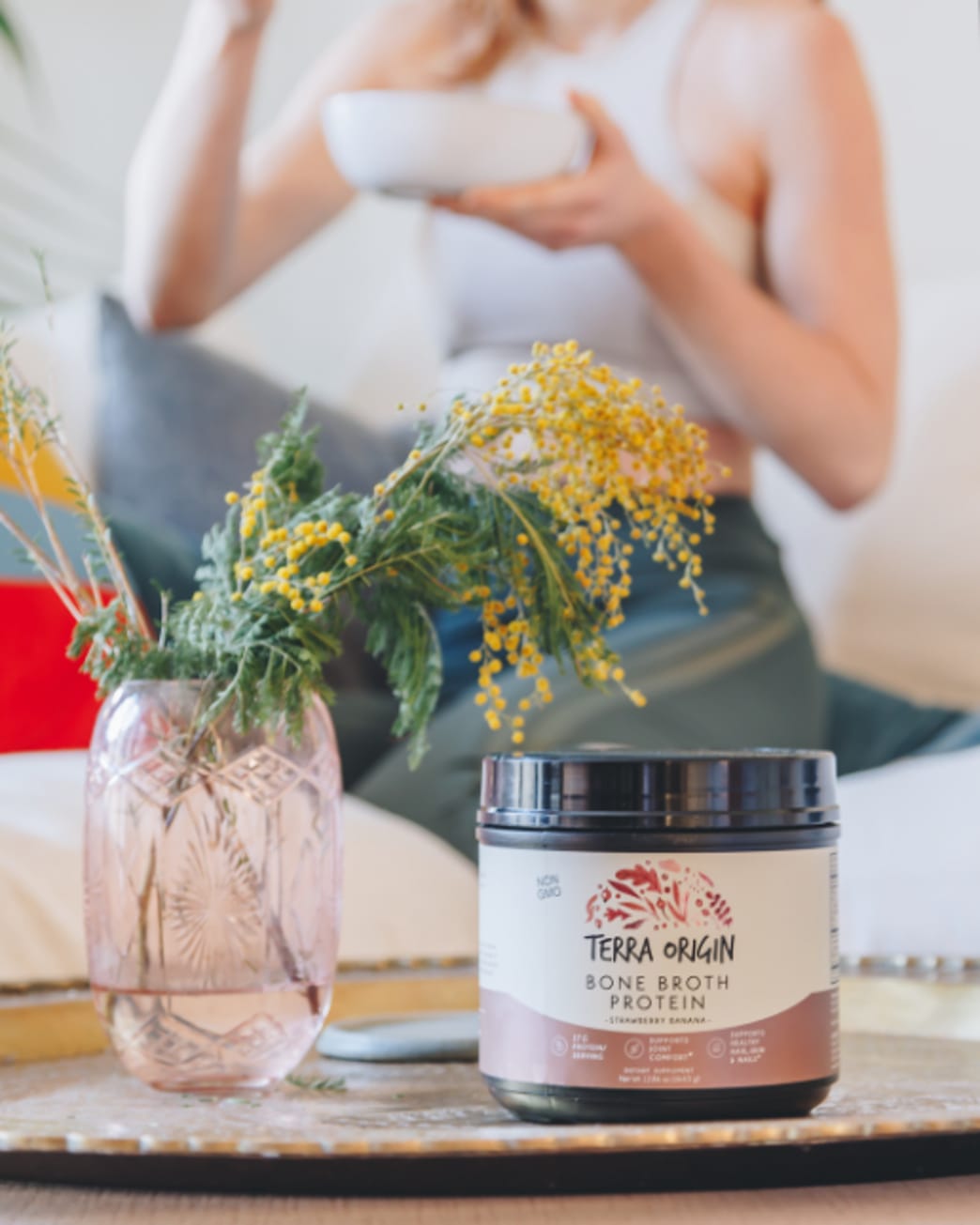
The Health Benefits of Collagen
There are at least 16 different types of collagen, but 90% of collagen in your body consists of...
Continue reading
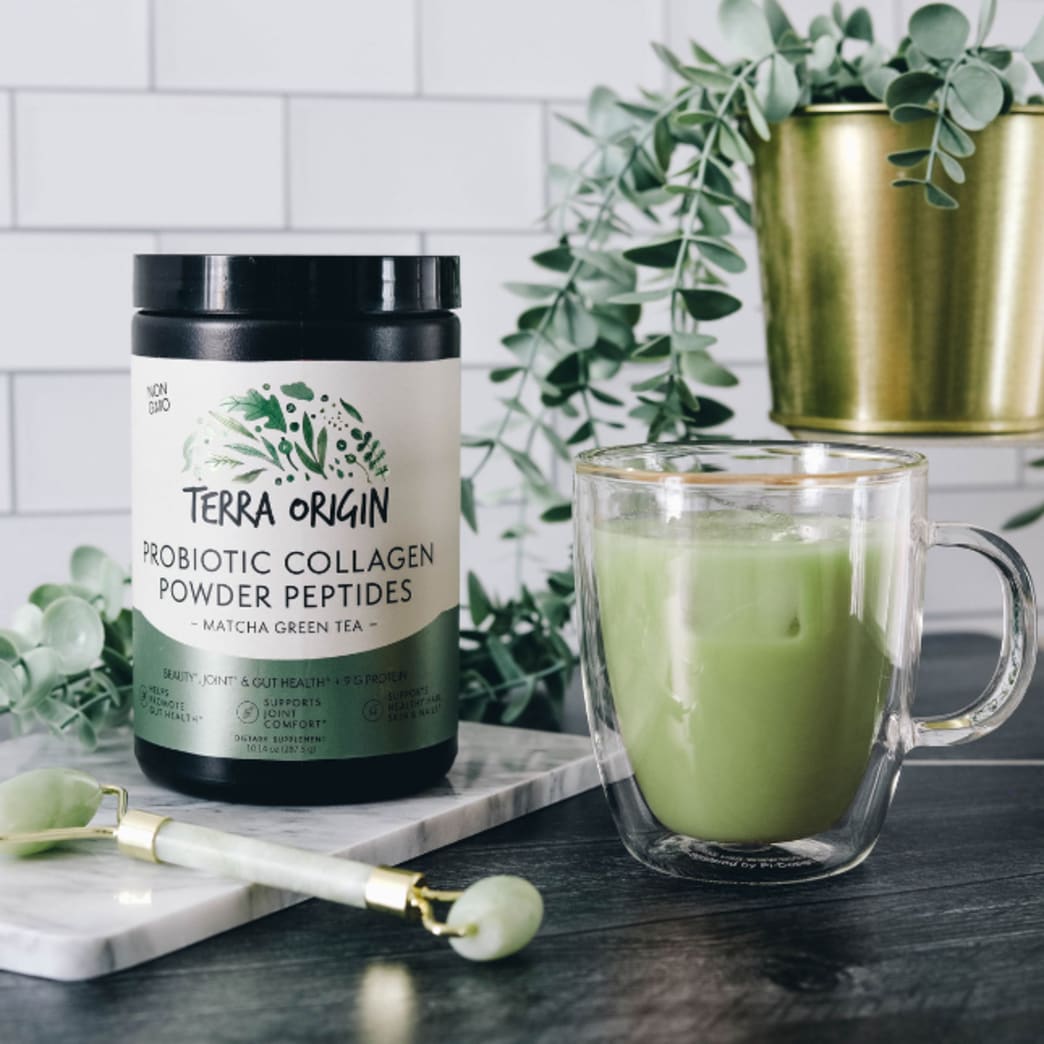
2-Week High-Protein Collagen Meal Plan
2-Week High-Protein Collagen Meal Plan
Even if you're meticulous about your protein intake, ...
Continue reading

Winter Care Arsenal
The cold and dry winter months can be a nightmare for lush, healthy skin if you don’t know how to...
Continue reading

8 Proven Ways Collagen Can Improve Winter Skin
Wintertime can be a beautiful time of year. However, it can also be a season that wreaks ha...
Continue reading

A Look at Bioactive Collagen Peptides
When we formulate our products, we continuously strive to create holistic supplements with the wh...
Continue reading

5 Summer Tips to Protect Your Skin
Laying in the warmth of the sun, soaking up the glittering rays and walking around with golden hu...
Continue reading

The Power of Beauty Sleep
Sleep is important. This is a simple fact, and everyone has their own reasons as to why they valu...
Continue reading
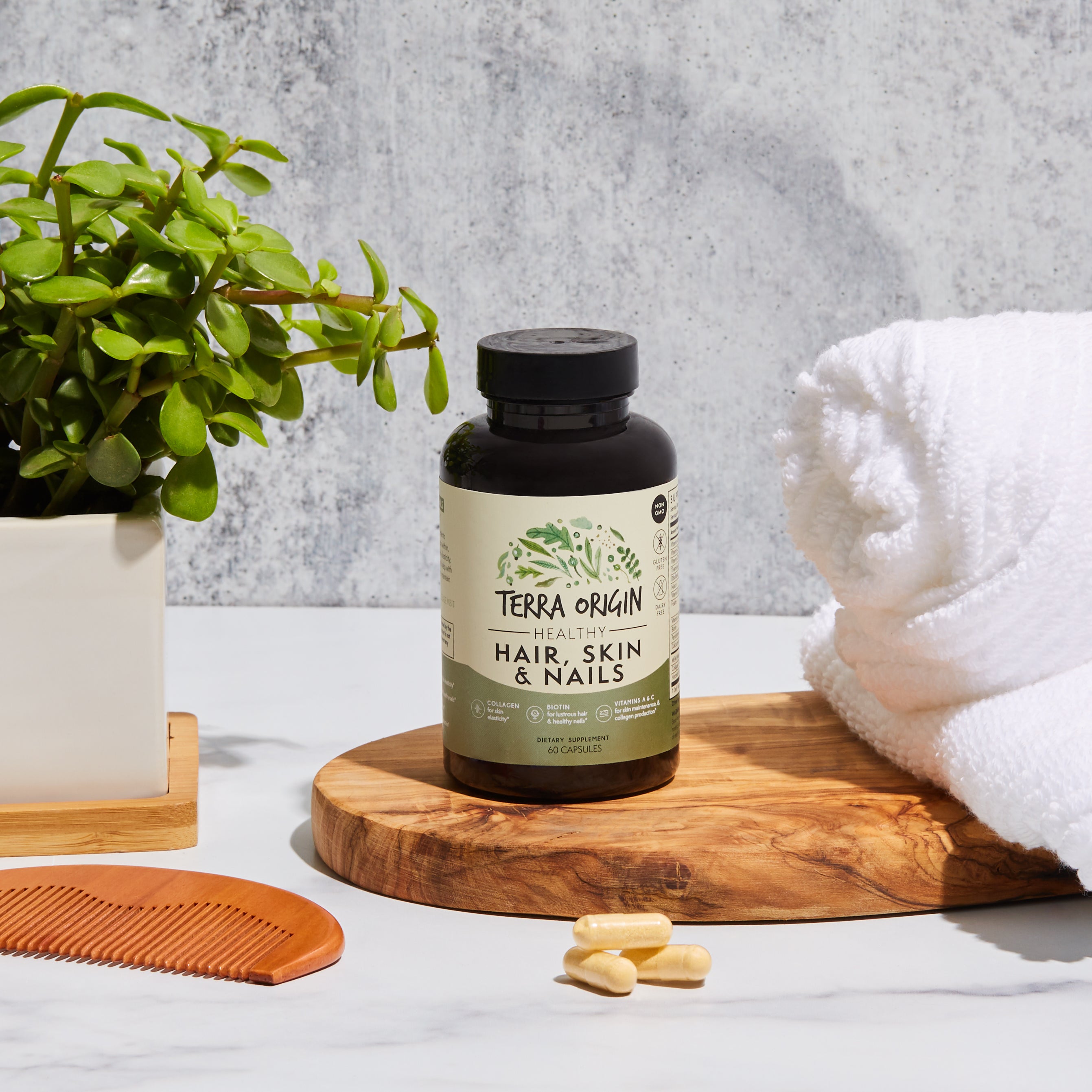
What is Biotin, and Do You Need It?
The human body is one of the most complex organisms on the planet, so it’s no wonder we can’t keep track of all the vitamins, minerals and nutrients it needs to function in peak form. Take biotin for example. What is it? Do we need it? And is it found in the shampoo aisle?
Continue reading
